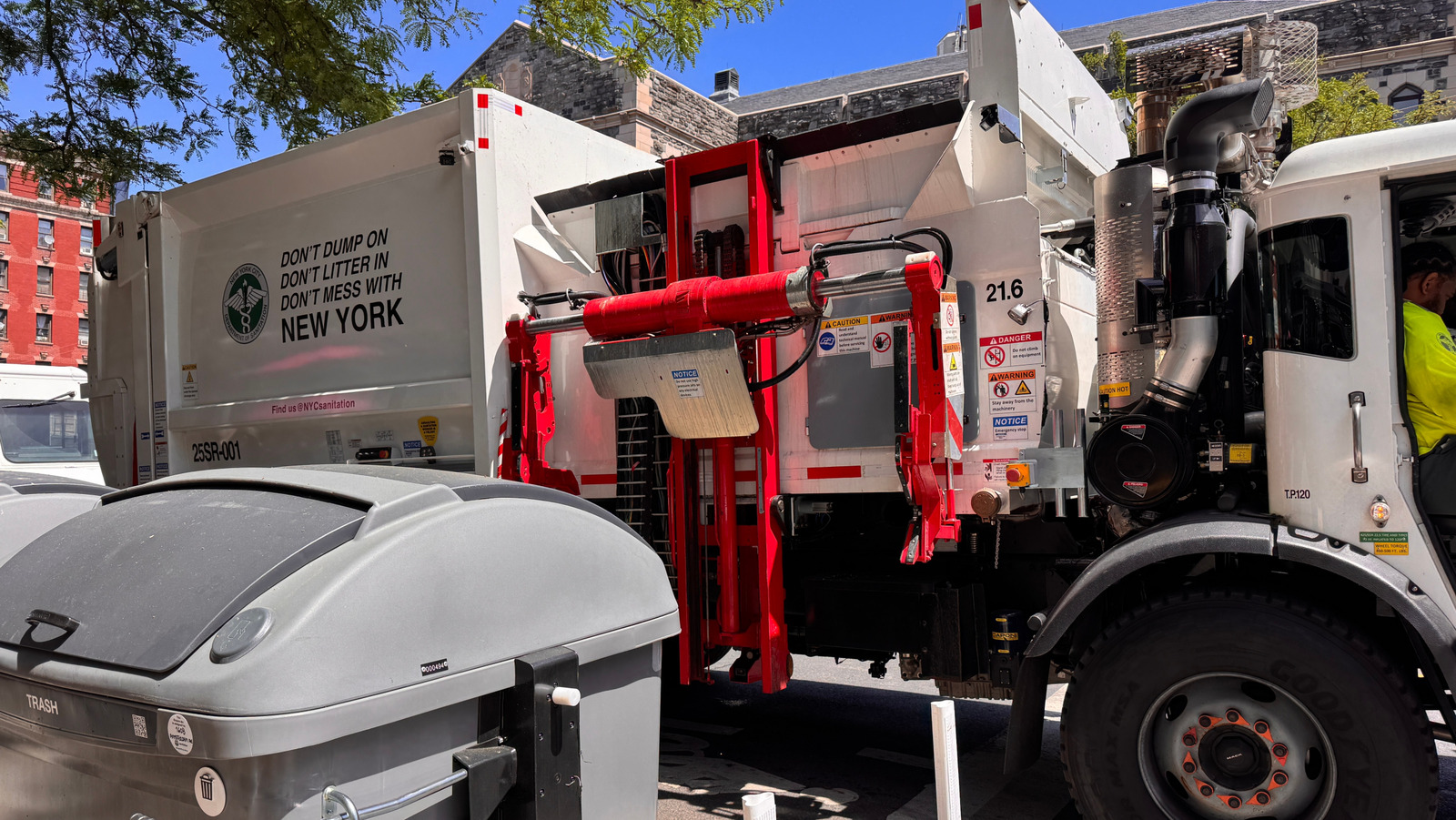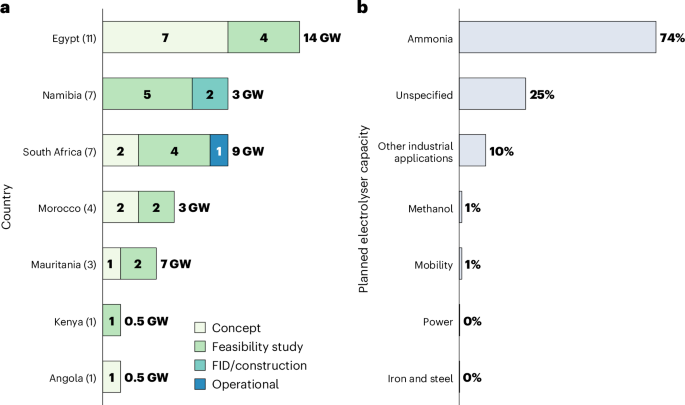Lowball Offer Explained: What Is It and How to Navigate
Buying a home? Learn everything you need to know about the lowball offer, perfect for home buyers and sellers alike. The post Lowball Offer Explained: What Is It and How to Navigate appeared first on Redfin | Real Estate Tips for Home Buying, Selling & More.


If you’re an avid Facebook Marketplacer like us, you may have already encountered a lowball offer while trying to sell your old couch or finding the perfect credenza for your new home. But before we can start decorating, we need to talk about buying a home first.
We understand buying a home, submitting an offer, and navigating the whole home-buying process can be overwhelming, whether you’re a first-time or seasoned homebuyer – but don’t worry, we’re here to help. In this Redfin article, we’ll be covering everything you need to know about a lowball offer, so there’s one less piece of jargon to be confused about.
Table of Contents
- What is a lowball offer?
- Pros of a lowball offer
- Cons of a lowball offer
- When should you make a lowball offer
- What not to do when making a lowball offer
- FAQs about a lowball offer

What is a lowball offer?
A lowball offer is when a buyer makes an offer on a house that is significantly below the asking price. Typically, this offer is 10-30% below the asking price, but this depends on several factors like market conditions, the market value, the home’s condition, and how long the home’s been on the market. For instance, in a seller’s market where demand is high and inventory is low, an offer with a small discount may seem like a lowball offer.
Pros of a lowball offer
For the homebuyer, the biggest pro is that they could buy a home for well below the market price, saving them a decent amount of money.
For the seller, a lowball offer can signal interest, which can be encouraging in a slow market or create a sense of buzz, which may attract other buyers. For sellers under pressure to sell, this kind of offer may be beneficial for a quicker close since it’s better than no sale or waiting longer.
For both parties, even if the buyer doesn’t accept the lowball offer, just offering can start the negotiation process, so both can agree upon a price.
Cons of a lowball offer
For the homebuyer, there are, unfortunately, several cons to making a lowball offer. You may offend the seller and damage your credibility with this kind of offer, which could lead them to refuse to negotiate, causing you to lose the home. It is also possible that a low offer could lead the seller to counter with less favorable terms, like fewer repairs or reduced closing flexibility.
For the seller, it can definitely feel insulting or personal when receiving a lowball offer that can create emotional stress. While a low offer can lead to closing, engaging in negotiations could waste time by causing you to miss out on stronger offers from other interested buyers. Whether or not you’re under pressure to sell fast, there is always the risk of feeling as they you’re being forced to accept an undervalued offer.
If the seller does decide to negotiate, starting low could drag out the negotiation process, making it longer to close – a con for both parties.

When should you make a lowball offer?
- The listing price is too high
You may feel the price is too high, which could be true, as the seller may have priced the home above market value. However, it is important to work with a real estate agent to further assess the listing price and ensure the housing market supports your offer before you make one. - The home needs to be updated
If the house has any visible or reported problems, a lowball offer may make sense to offset these costly repairs. Sometimes a seller may not have adjusted the listing price to reflect the home’s condition. - The home has been sitting on the market
Having a house sit on the market for a while may indicate that the listing price is too high or a lack of interest. Either way, if a house has gone unsold for more than three months, the seller may be more open to a lowball offer. - The house is an estate sale or a foreclosure
In these cases, a lowball offer may make sense since the seller may want to sell quickly. Highly motivated sellers may be more willing to accept a significantly low offer or negotiate since they’re prioritizing a quick close. Whether it’s an estate sale or a foreclosure, just make sure to do your research before making an offer.
What not to do when making a lowball offer
If you do want to make a lowball offer, it’s important to do so carefully as to not offend the seller. Even if the seller rejects your offer, these tips can help increase your chances of negotiating if the initial offer isn’t accepted.
- Don’t make your offer too low
While it depends on the market and other factors, try not to make your offer more than 30% below the asking price. An extremely low offer may offend the seller and shut down further negotiations. - Don’t skip the research
Before you make a lowball offer, make sure to do your due diligence to understand the comps (comparable sales), market conditions, etc. An under-researched offer could make you look uninformed and unserious to the seller. - Don’t ignore the seller’s situation
It’s important to be mindful and aware of the seller’s situation as well. For instance, if you make a lowball offer as soon as the home is listed or if there are multiple offers for a home, it’s possible yours could backfire, so make sure your timing is right before you submit an offer. - Don’t skip writing a thoughtful offer letter
Especially if your offer is significantly below the asking price, a thoughtful offer letter can help better your chances. Having an explanation of your reasoning can help the seller understand your point of view, soften the impact of seeing a low offer, and can increase your chances in negotiations or closing. - Don’t overload the offer with demands
Once again, be mindful of the seller. Asking for multiple demands like extra repairs along with the low offer can offend the seller and kill the deal (without negotiations), so pick your battles wisely. - Don’t be angry or dismissive
It’s easy to get upset when an offer is shut down, but remember to be professional. For the seller, a lowball offer can be offensive (even if you follow all the other steps) simply because selling a home is an emotional and sensitive process. Whether or not the seller is open to negotiations, be sure to act with grace and kindness, but also know when to walk away – the home that’s meant for you will find you.

FAQs
- How does a lowball offer get approved?
Like any close, a lowball offer gets approved when the seller accepts the offer. Since it’s uncommon for this kind of offer to get approved, consider working with a real estate agent to help you with this process. - As a seller, how do you respond to a lowball offer?
Getting a lowball offer can be discouraging or offensive, but try to remain calm, professional, and truly evaluate the offer. Next, you can reject the offer or counter it. Since every situation is different, we recommend consulting with your real estate agent to help you figure out your best next steps. - Should I make a lowball offer?
We unfortunately can’t make that decision for you, but we highly recommend evaluating your situation, the market, and working with a real estate agent to better understand the dynamics before making a lowball offer.
The post Lowball Offer Explained: What Is It and How to Navigate appeared first on Redfin | Real Estate Tips for Home Buying, Selling & More.





















































































![[Video] The Weekly Break Out Ep. 20: Pacific policy in Singapore and the UK’s new defense plan](https://breakingdefense.com/wp-content/uploads/sites/3/2025/06/Break-Out-ep-20-thumb-Play-Button.jpg?#)



























































